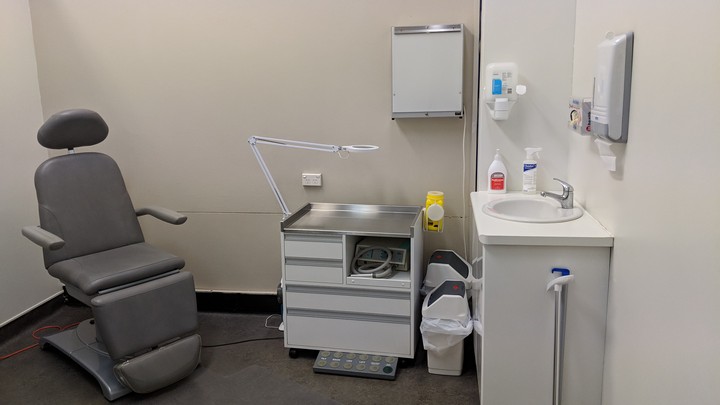Many foot complaints are due to skin and nail problems. Corns, callus, thick or ingrowing nails can all lead to pain that can interfere with your daily activities. Foot care, involving nail and skincare is available at the Epping Podiatry Centre. We sterilise all instruments to the standards required by the The Australian Health Practitioner Regulation Agency (AHPRA).
Corns and Callus
Corns and Callus are the body's protective mechanism gone wrong. The skin can protect itself from pressure by forming a thick outer layer. Sometimes the pressure is too high, and the outer layer of skin becomes so thick that it acts as a foreign body on the skin. A focus of pressure within the callous can occur, causing a hard plug of skin to form, resulting in a corn. Because corns and callous form on the dead outer layer of the skin there is no "root". Treatment of corns and calluses involves debriding or paring the callus and removing the corn. Pads are often used to reduce the friction and pressure over the skin. The podiatrist will also discuss the type of footwear most likely to cause corns or calluses and prescribe orthotics to reduce excessive forces on the foot.
Toenails
Thick Toenails
Abnormal thickening of the toenail is a common complaint. It usually occurs as a result of an injury to the toenail bed, such as dropping a heavy object on your toe. Toenail damaged can also occur due to sporting activities. Once damaged, the nail will always be thick. Reduction of the thickness of the nail is painless but will require regular ongoing care.
Ingrowing Toenails
Ingrown Toenails can be a very painful condition, and because of fear of surgery, many people put off seeking treatment. Many ingrown toenails can be treated without the need for surgery, although conservative measures may mean that you have to visit a podiatrist at regular intervals. If surgery is required, the visit for the procedure takes about an hour.
Fungal Toenails
Fungal nails are the most difficult nail condition to treat. The nail becomes thick, brittle and discoloured. Often the nail plate disintegrates and separates from the nail bed. Many topical solutions are available to treat fungal nails. However, not all fungal nails are suitable for topical treatment. Other treatments include oral medication (from your GP) or laser treatment (which is yet to show its full promise). Epping Podiatry Centre provides advice on the management of fungal toenails.
